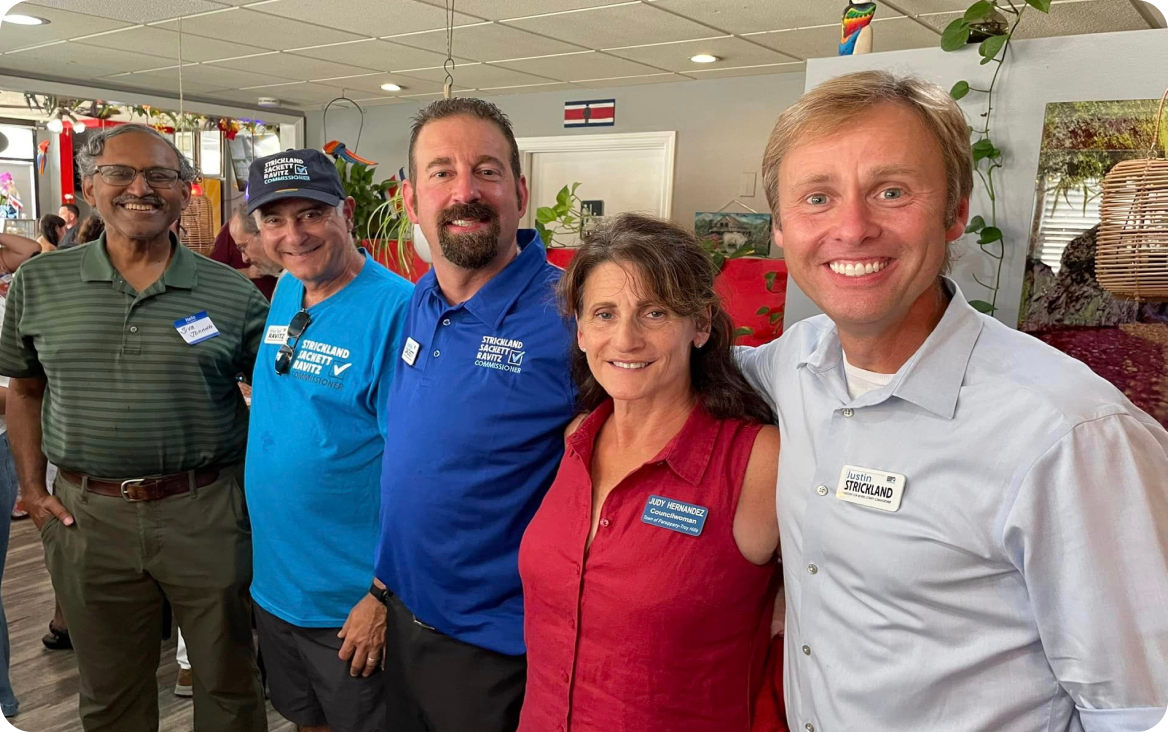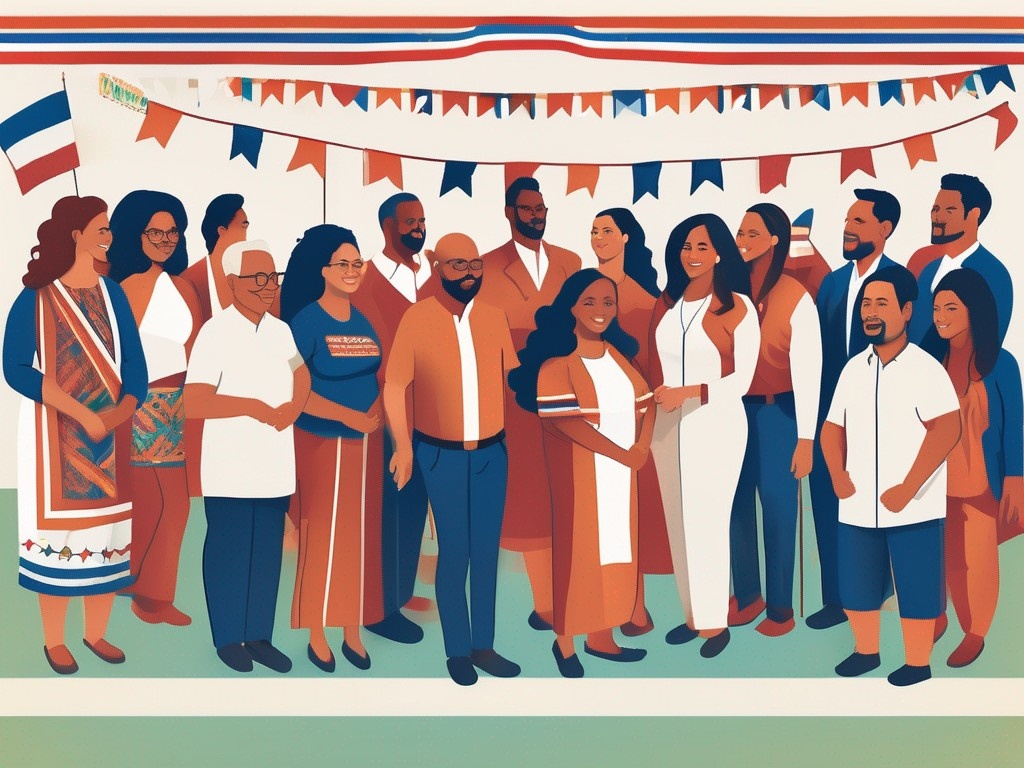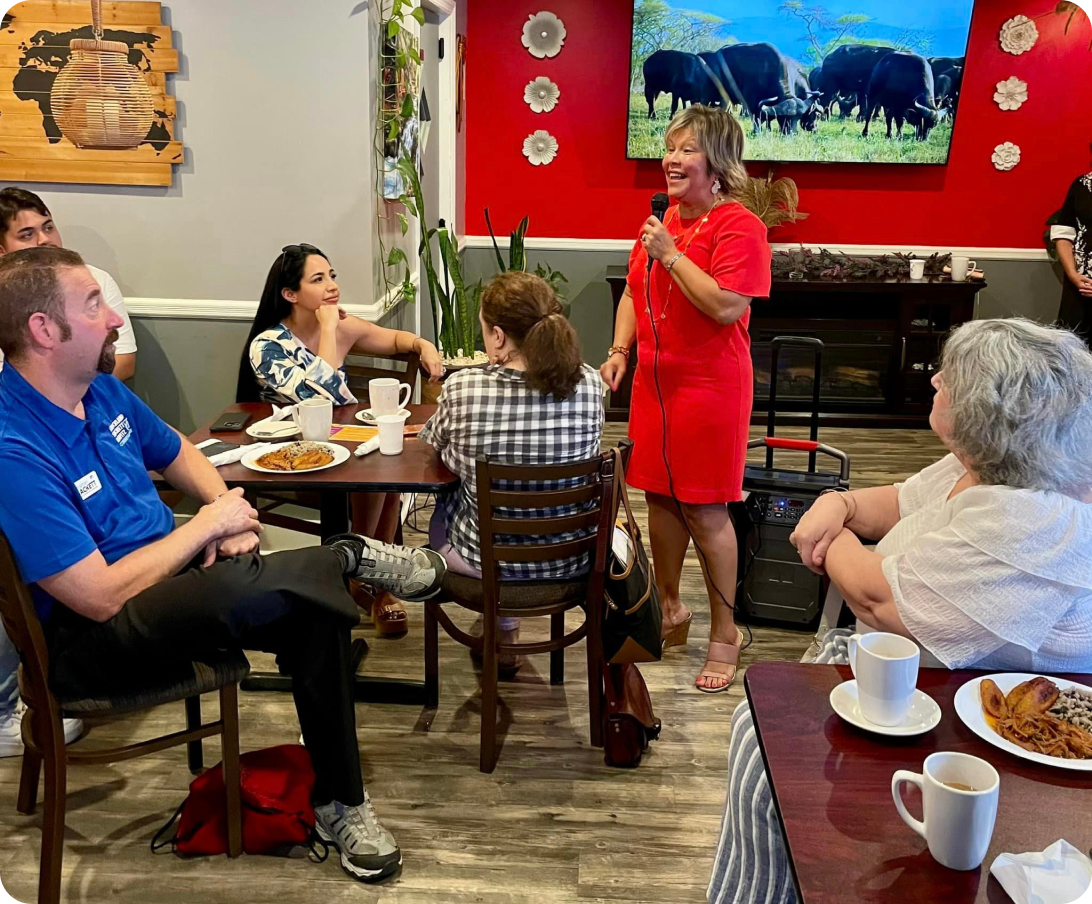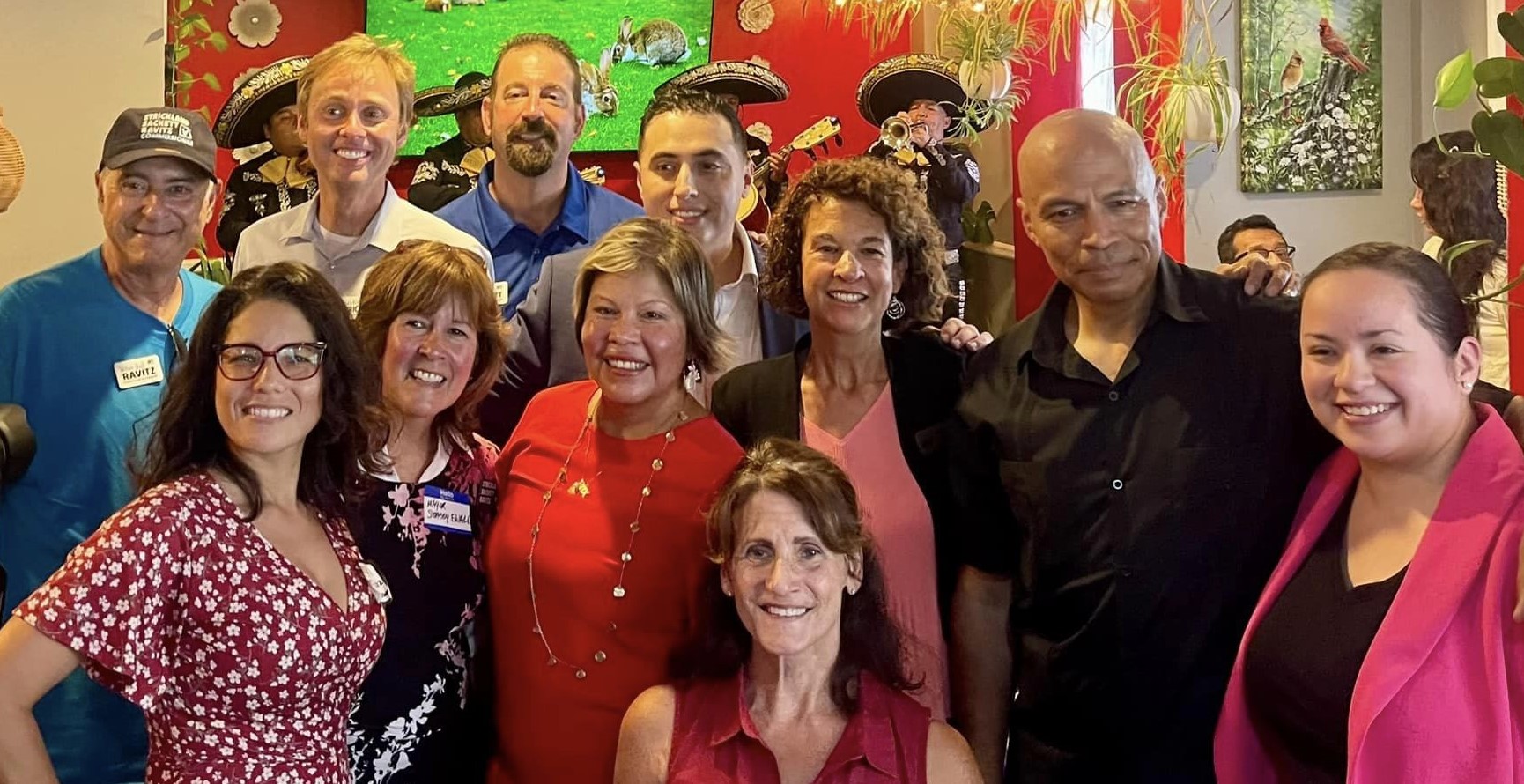Understanding the Current Political Landscape in New Jersey
The political landscape in New Jersey is multifaceted and dynamic, influenced by diverse demographics and varying socio-economic factors. As one of the most densely populated states in the U.S., New Jersey serves as a microcosm of national political trends. The Hispanic population, roughly 20% of the state’s total population, plays a significant role in shaping this landscape. This demographic encompasses a rich tapestry of cultures and nationalities, each contributing unique perspectives and concerns to the political dialogue.
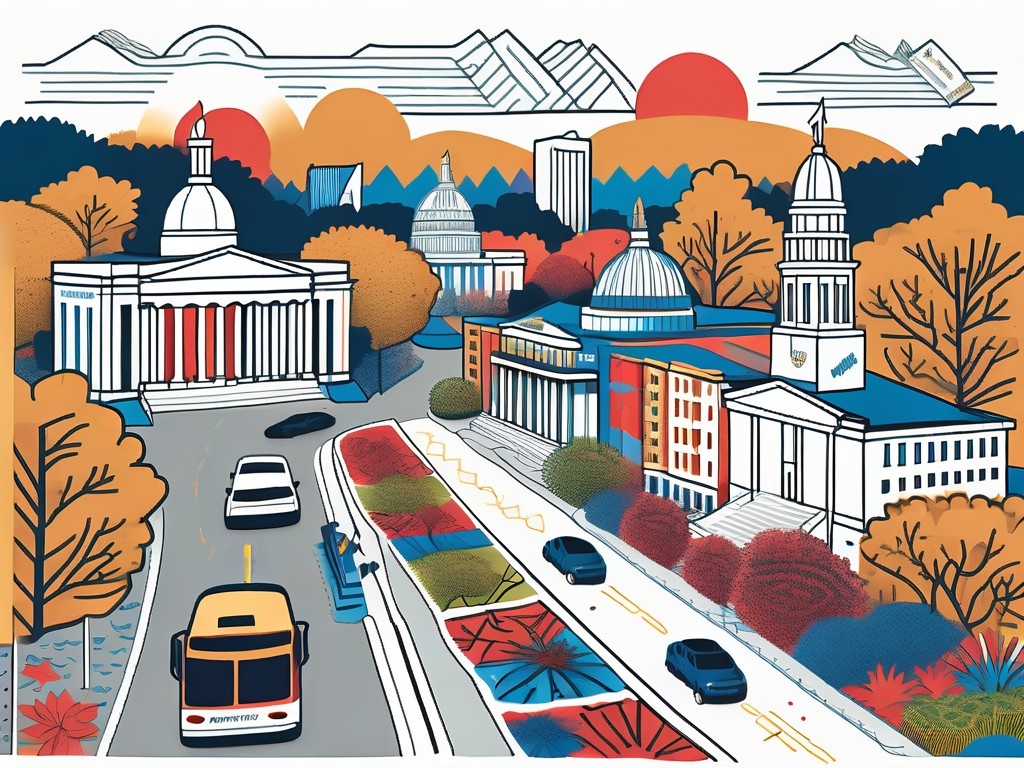
Despite their growing numbers, Hispanics in New Jersey often find themselves underrepresented in key political positions. Many traditional power structures remain, occasionally overlooking the voices and priorities of Hispanic constituents. This underrepresentation has implications not only for electoral outcomes but also for policy-making processes that affect health care, education, and social services. The lack of representation can lead to policies that do not fully address the specific needs of Hispanic communities, such as access to affordable healthcare or equitable education opportunities, which can perpetuate cycles of disadvantage.
The Role of Hispanic Politicians in New Jersey
Hispanic politicians in New Jersey are at the forefront of advocating for policies that reflect the needs of their communities. Figures such as Senator Teresa Ruiz and Senator Nellie Pou have been instrumental in bringing Hispanic issues to the legislative forefront. Their presence symbolizes a shift towards inclusivity and representation. These leaders often work on initiatives that focus on immigration reform, housing affordability, and workforce development, aiming to uplift their communities while bridging gaps between different cultural groups.
These leaders often face the dual challenge of command over traditional political norms while navigating the unique concerns of their constituents. Their experiences also inspire a new generation of Hispanic leaders, fostering a sense of political empowerment among younger voters. Community organizations and advocacy groups play a crucial role in this process, providing resources and training to help aspiring politicians develop the skills necessary to engage in the political arena. This grassroots involvement not only amplifies Hispanic voices but also cultivates a more informed electorate that is prepared to advocate for its own interests.
The Influence of Political Parties on Hispanic Representation
Political parties in New Jersey can significantly impact Hispanic representation. The Democratic Party has traditionally garnered strong support from Hispanic voters; however, this allegiance is not without complications. Some Hispanic communities express disappointment over the lack of substantive engagement and policy prioritization from party leaders. This disconnect can lead to disillusionment among voters, prompting calls for more direct involvement and accountability from elected officials.
On the other hand, the Republican Party is making efforts to reach out to Hispanic voters, acknowledging the importance of diversifying their voter base. These dynamics compel both parties to reassess their strategies to engage effectively with Hispanic constituents, ensuring that their concerns are adequately addressed. Initiatives such as bilingual outreach programs and community forums are becoming more common as parties recognize the need to build trust and foster relationships with Hispanic communities. The evolving political strategies highlight the importance of understanding cultural nuances and the necessity for parties to adapt in order to remain relevant in an increasingly diverse electorate.
The Challenges Facing Hispanic Politics in New Jersey
Although there are promising developments in Hispanic politics in New Jersey, significant challenges remain that impede progress. Understanding these challenges is crucial for developing effective strategies to enhance participation and representation.
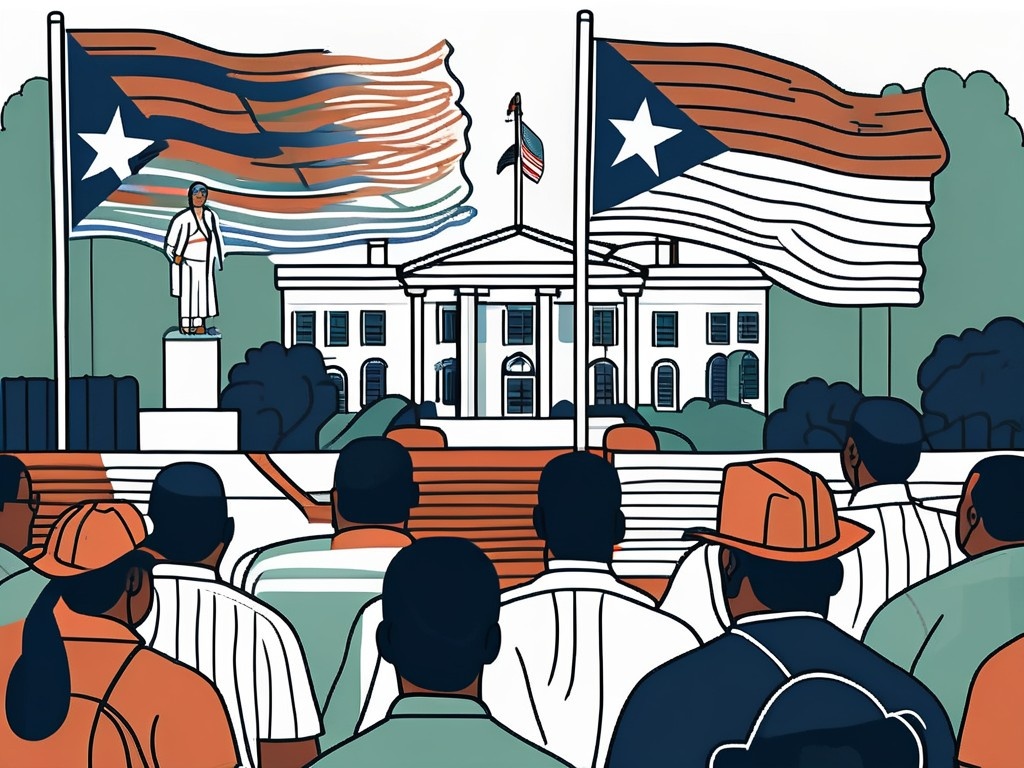
Barriers to Political Participation for Hispanics
One of the most formidable barriers to political participation for Hispanics is access to resources. Many individuals within this community face socio-economic challenges, including limited access to education and employment opportunities. These conditions can lead to lower political engagement and a feeling of disenfranchisement.
Additionally, language barriers can create obstacles for non-English speaking residents who wish to participate in public discourse or engage with political processes. Low voter turnout rates among Hispanic populations also reflect systemic issues, such as inadequate outreach efforts by political organizations. Many community members may not be aware of their voting rights or the importance of their participation, which can perpetuate a cycle of underrepresentation. Community organizations play a vital role in bridging this gap, providing education and resources to empower individuals to become active participants in their democracy.
Opportunities for Hispanic Politics in New Jersey
Amidst the challenges, there are also significant opportunities for enhancing Hispanic politics in New Jersey. Understanding and leveraging these opportunities can lead to greater political engagement and representation for the Hispanic community.
The Potential of Hispanic Voter Turnout
The potential for increased Hispanic voter turnout is a promising avenue for changing the political landscape. Recent elections have shown a surge in turnout among Hispanic voters, indicating that when mobilization efforts are focused and directed, communities respond positively.
Organizations such as the New Jersey Alliance for Immigrant Justice have initiated impactful campaigns to educate and engage Hispanic voters. These grassroots efforts are vital as they provide essential resources and information, helping community members understand their rights and the importance of their vote. Furthermore, the integration of technology in these campaigns, such as social media outreach and mobile apps, has made it easier for younger voters to access information and participate in the electoral process, creating a more informed and active electorate.
The Power of Grassroots Movements in Hispanic Communities
Grassroots movements have proven to be powerful catalysts for change within Hispanic communities. Initiatives driven by local leaders can raise awareness about critical political issues while fostering community solidarity. Mobilization efforts surrounding voting rights and social justice have seen considerable success, empowering citizens to take charge of their political destinies.
Collaborative efforts among various community organizations enhance the effectiveness of these grassroots movements. By uniting for a common purpose, these groups amplify their voices, drawing attention to specific issues faced by Hispanic residents while fostering broader coalition-building across diverse communities. Additionally, these movements often extend beyond electoral politics, addressing pressing social issues such as immigration reform, education equity, and healthcare access. By tackling these interconnected challenges, grassroots organizations not only empower individuals but also create a more robust framework for sustained political engagement and advocacy within the Hispanic community.
The Future of Hispanic Politics in New Jersey
The future of Hispanic politics in New Jersey is poised for transformation, driven by the dedication and resilience of the community. However, strategic approaches must be prioritized to ensure sustained growth in representation and engagement.
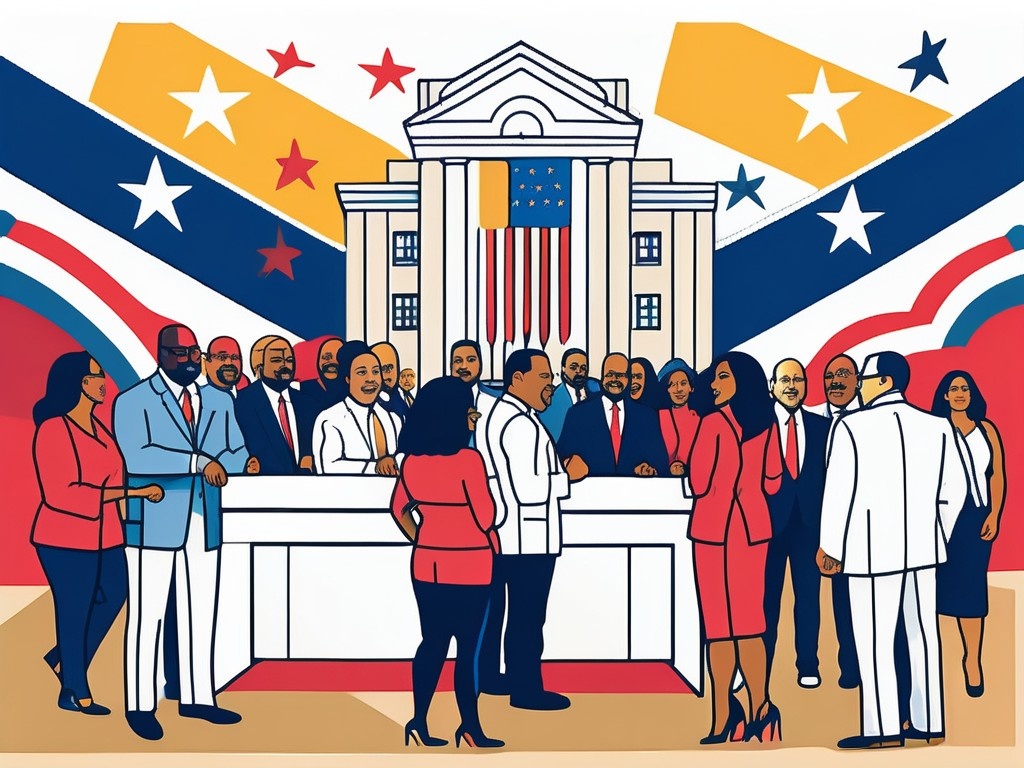
Strategies for Increasing Hispanic Representation
Implementing targeted strategies for increasing Hispanic representation in politics can create lasting change. This includes mentorship programs designed to encourage and prepare aspiring Hispanic leaders for political roles. Such initiatives can empower individuals and equip them with the necessary skills to navigate complex political landscapes.
Furthermore, fostering collaborations between existing politicians and grassroots organizations can bridge gaps and enhance communication within the community. By creating pathways for dialogue, parties can become more attuned to the needs of their Hispanic constituents, thereby increasing the effectiveness of their outreach.
Additionally, leveraging technology and social media platforms can significantly amplify the voices of Hispanic communities. By utilizing these tools, political campaigns can engage younger voters who are increasingly reliant on digital communication. This not only helps in mobilizing support but also in disseminating crucial information about political processes, candidates, and voting rights, thus fostering a more informed electorate.
The Role of Education in Empowering Hispanic Voters
Education plays a crucial role in empowering Hispanic voters. Increasing educational attainment among Hispanic communities leads to a higher likelihood of participation in political processes. Engagement programs that focus on civic education can elevate awareness of local, state, and federal issues, encouraging informed voting.
Nonprofits and community organizations are instrumental in delivering educational resources and workshops to Hispanic voters. By providing information about issues that affect them, these initiatives help cultivate a politically aware and active community prepared to advocate for its interests.
Moreover, partnerships with local schools and universities can enhance educational outreach. By integrating civic education into school curriculums, students can develop a strong foundation in political literacy from an early age. This proactive approach not only prepares the next generation of voters but also instills a sense of responsibility and empowerment that can lead to increased civic engagement throughout their lives.
As we navigate the challenges and opportunities present in Hispanic politics in New Jersey, it becomes clear that sustained effort and collaboration among community members, leaders, and political organizations are key to shaping a brighter future for Hispanic representation in the state’s political landscape.



